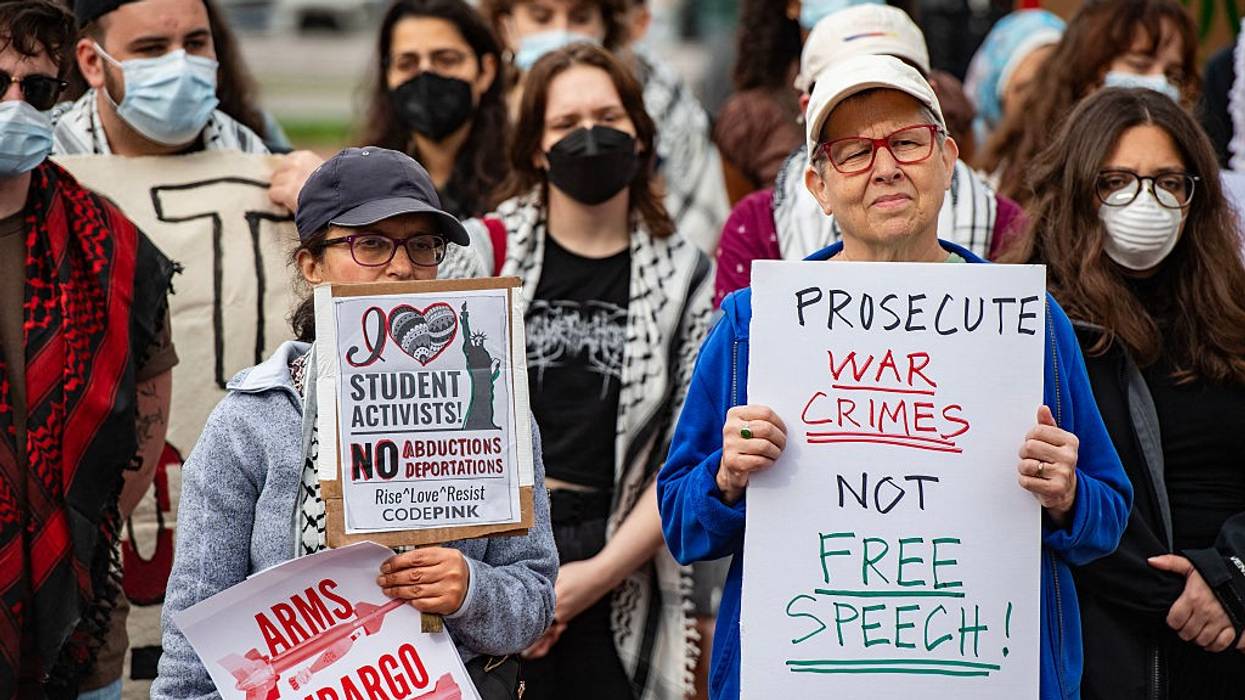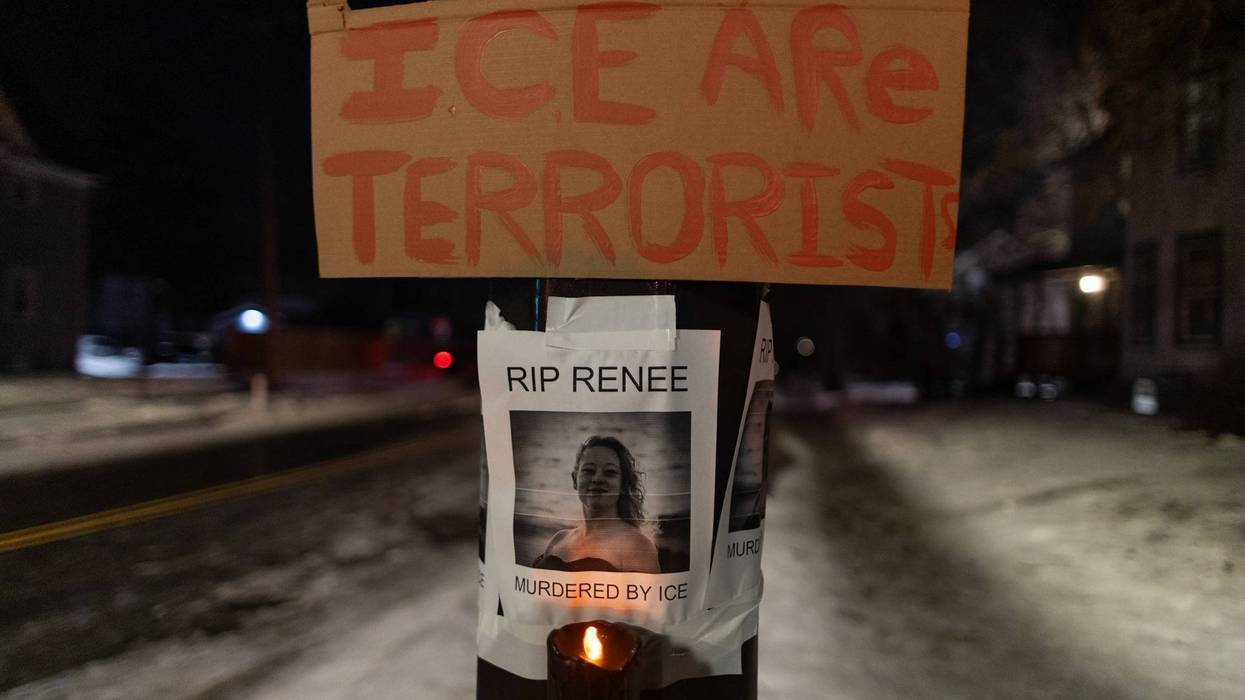'Confirming Everything We Knew Already': Docs Show Trump Admin Targeted Gaza Activists for Their Opinions
Unsealed internal documents affirmed that the administration arrested and sought to deport pro-Palestine activists "solely on protected expression," as one rights group put it.
A federal judge on Thursday unsealed documents showing that US Secretary of State Marco Rubio personally approved the deportation of university students after receiving memos highlighting their involvement in constitutionally protected campus protests against Israel's genocide in Gaza.
Massachusetts-based Senior Judge William G. Young—an appointee of former President Ronald Reagan—unsealed 105 pages of documents he initially kept under wraps because they contained details regarding federal investigations. Young granted a request by media outlets including the New York Times to unseal the files as a matter of public interest.
Last year, Young ruled that the Trump administration broke the law by targeting pro-Palestine student activists in a bid to “unconstitutionally... chill freedom of speech.”
The unsealed documents include Department of Homeland Security (DHS) memos recommending that five student activists who were legally in the United States—Yunseo Chung, Mahmoud Khalil, Mohsen Mahdawi, Badar Khan Suri, and Rümeysa Öztürk—be deported, despite there being no evidence of wrongdoing.
"There are few things more un-American than masked agents throwing dissenters in the back of a van because the government doesn’t like what they have to say," Conor Fitzpatrick, supervising senior attorney at the Foundation for Individual Rights and Expression (FIRE)—which sued the administration over the unconstitutionality of its efforts—said Friday in a statement.
"But these documents prove that it was the students’ opinions alone, and not any criminal activity, that led to handcuffs and deportation proceedings," Fitzpatrick added. "The First Amendment means the government cannot punish speakers for their opinions, but that is exactly what the government is doing."
As the Times reported Friday:
The documents indicate that in nearly all instances, the arrests of the students were recommended based on their involvement in campus protests and public writings, activities that the Trump administration routinely equated to antisemitic hate speech and support for terrorist organizations. They also show that officials privately anticipated the possibility that the deportations might not hold up in court because much of the conduct highlighted could be seen as protected speech.
“Given the potential that a court may consider his actions inextricably tied to speech protected under the First Amendment, it is likely that courts will scrutinize the basis for this determination,” stated one memo on Madhawi, a Columbia University student and permanent US resident.
In another document, Trump administration officials admitted there were no grounds for deporting the students, but noted the Immigration and Nationality Act of 1952, which empowers the secretary of state to expel noncitizens whose presence in the United States is deemed detrimental to US foreign policy interests.
Rubio cited the law to target pro-Palestine students for deportation, a stance that was rebuked in a June 2025 ruling from US District Judge Michael Farbiarz, an appointee of former President Joe Biden, who found that Khalil's "career and reputation are being damaged and his speech is being chilled" by the Trump administration's actions.
In May 2025, US District Judge William Sessions III—who was appointed by former President Bill Clinton—ordered the release of Öztürk. The Turkish PhD student at Tufts University was illegally snatched off a Massachusetts street in March 2025 and taken to a US Immigration and Customs Enforcement (ICE) lockup in Louisiana after she published an opinion piece in a student newspaper advocating divestment from apartheid Israel.
"There has been no evidence that has been introduced by the government other than the op-ed,” Sessions wrote in his ruling.
One of the newly unsealed State Department documents states that DHS and ICE have "not provided any evidence showing that Öztürk has engaged in any antisemitic activity or made any public statements indicating support for a terrorist organization or antisemitism generally."
Fitzpatrick stressed that "this can't happen in a free society."
"It can’t happen in a free America," he added. "We’ll continue to fight this egregious violation of the Constitution every step of the way."



